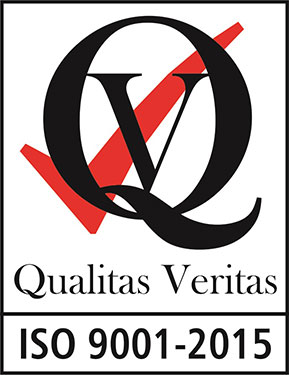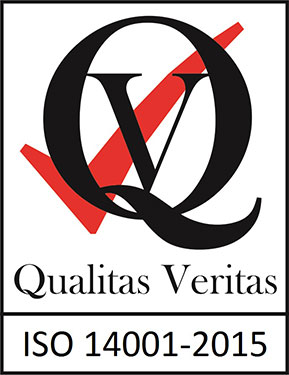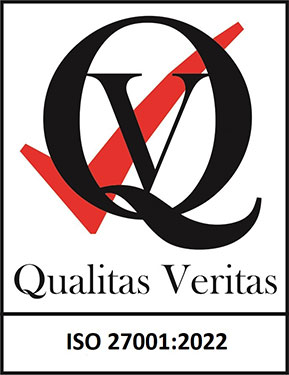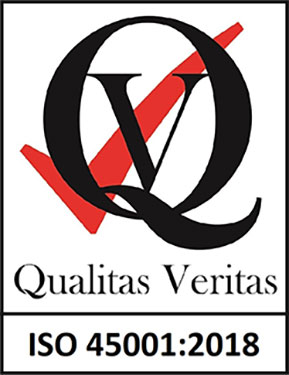One of the biggest worries for landlords in London and throughout the rest of the country is whether or not their tenants can be relied on to provide them with regular rent payments. Asking the right questions in advance can prevent the risk of missed payments, damage to your property, and other issues. Here are some of the most relevant questions every landlord should be asking of their new tenant.
Ask about their income / references
The tenant needs to be able to prove that they will be able to pay the rent each month. By checking their bank statements, you can determine whether they will have sufficient funds to pay rent and bills, minimising the chances that they will fall behind on their rent payments. It is also advisable to ask to see a letter from their place of work confirming that they are employed there, utility bills with their previous address on them, and a form of valid ID such as a passport or driving license.
Can they pay a deposit and a month’s rent in advance?
If they are unable to pay a deposit or month’s rent, this may indicate that they will not be able to pay their rent once the tenancy has started, so this is an important question to consider. Their deposit should always be protected in a suitable protection scheme.
Do they have pets / smoke?
This seems obvious, but even basic matters such as these can make or break a tenancy and may be a deal breaker for you or the tenant. If it is important to you that your property is kept free from smoke and pets, make sure to ask before they move in.
Another way to safeguard yourself against problems is to use the services of professional property managers. We can handle every aspect of letting your property, including vetting tenants to optimise your chances of finding reliable and trustworthy occupants. However, if you want to give yourself even more protection against the possibility of unpaid rent, our guaranteed rent schemes could provide the perfect answer. We offer the highest rate of guaranteed rent in the City of Westminster and throughout the rest of the country, ensuring you continue to be paid even if your tenants are unable to.





